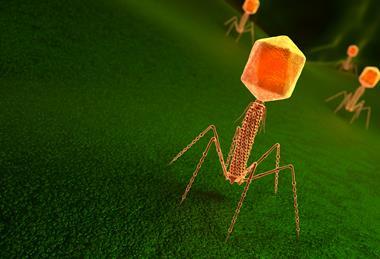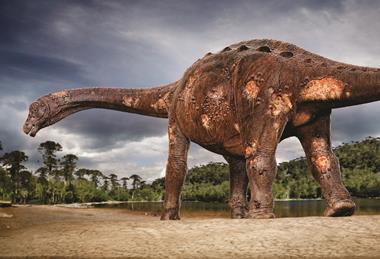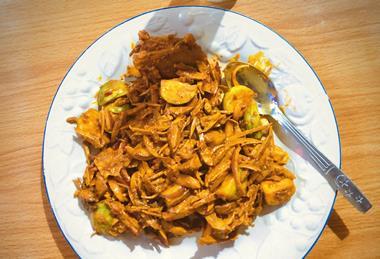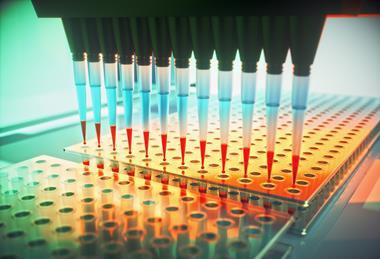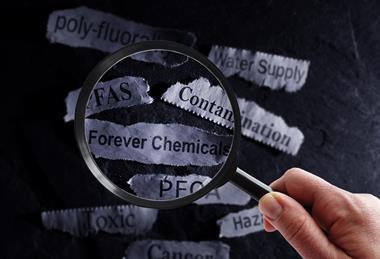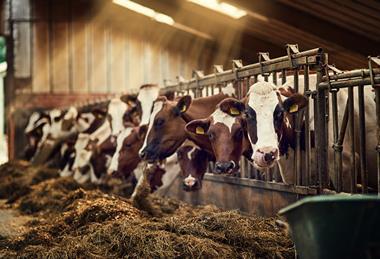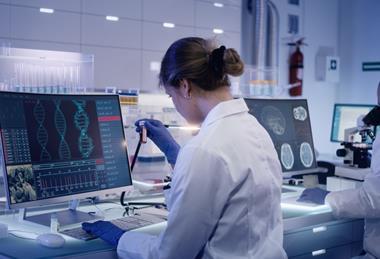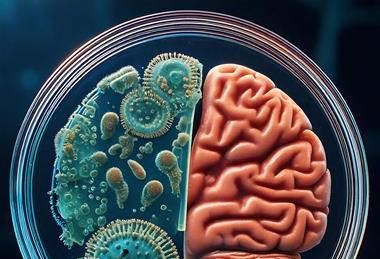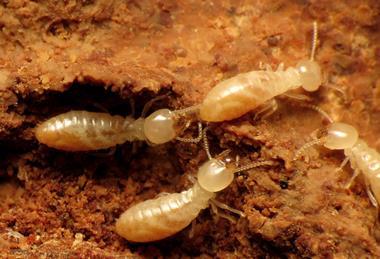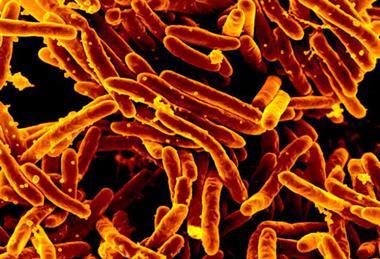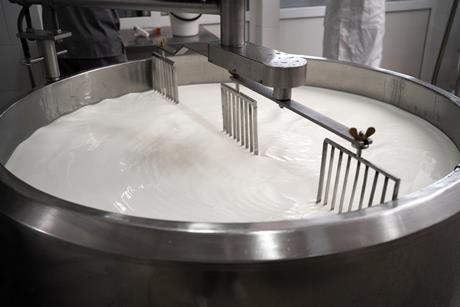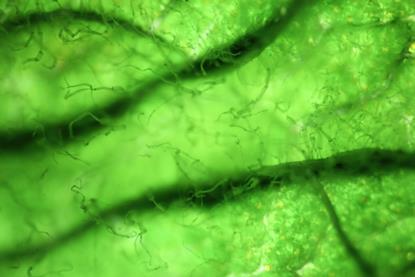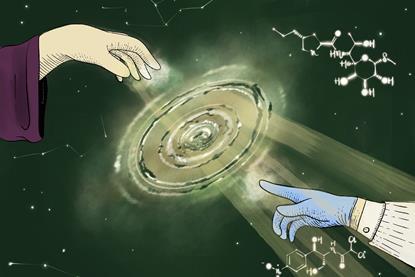Latest Feature
Latest Feature
From Petri dishes to chips: what can microbiology learn from microfluidics?
Microfluidics is a fast-growing field focused on manipulating tiny volumes of fluid, often within channels no wider than a human hair. Despite its potential, around 90% of microbial experiments are still carried out under static conditions. So, what are we missing by ignoring flow? And how can microfluidics help close the gap?
Read story- Previous
- Next
Under the microscope: pasteurisation
Pasteurisation is a process by which raw milk is heated to a specific temperature for long enough to kill any pathogenic bacteria, including those that can cause food-borne illnesses. In the current day, all the milk in supermarkets will have gone through a rigorous pasteurisation process before reaching our store ...
Under the microscope: Body farms
Human Taphonomy Facilities, also known as body farms, are outdoor research facilities used to study human decomposition under different environmental conditions and stressors.
Under the Microscope: Increasing lab sustainability
Green Impact, an award-winning initiative, aims to support anyone trying to make their lab more environmentally friendly, currently working with over 2000 organisations (within 7 countries), including various hospitals and universities, to increase and support sustainable practices.
Under the microscope: microalgae-based bioremediation
The rapid expansion of the global human population and the increase in industrial and agricultural activities have led to severe environmental contamination. To remedy the situation, green technology has become more prevalent in recent years due to its numerous environmental benefits.
What are we swimming in? The growing need for Microbial Source Tracking
The pandemic changed the way many of us connect with the outdoors. Wild swimming and other aquatic pursuits have seen an increase in public interest since 2020, and with that, a heightened awareness of water quality.
Tiny helpers: how our gut bacteria could protect us from forever chemicals
We are constantly exposed to things in our environment from the medicines we take and contaminants in the food we eat, to particles in the air we breathe. Figuring out which chemicals are harmful and how they affect us, is essential to make our surroundings safer.
Could spiritual healing sites be fertile ground for new antibiotics?
Common motifs between Streptomyces and sites of spiritual healing may help with the discovery of new sites for bioprospecting. Although there may be a temptation to dismiss the spiritual nature of the healing sites, it is important that researchers begin to understand these in the appropriate cultural and spiritual context.
Historical Perspective
What is eating my rocks? A possible novel biological niche inside limestone
“It seems something biological has once lived inside rocks in Namibia.” Read the story of this unusual discovery…
Could spiritual healing sites be fertile ground for new antibiotics?
Common motifs between Streptomyces and sites of spiritual healing may help with the discovery of new sites for bioprospecting. Although there may be a temptation to dismiss the spiritual nature of the healing sites, it is important that researchers begin to understand these in the appropriate cultural and spiritual context.
The birds, the bees, and the bugs: how gut microbes impact sex hormones and reproductive health
The gut microbiome has been tied to our reproductive health through its ability to produce, break down, and modify sex hormones.
Microbiome research and a paradigm shift in urban building design
There is increasing evidence that this association between a host and its microbes not only determines health and disease but also influences the behaviour of humans and other animals.

